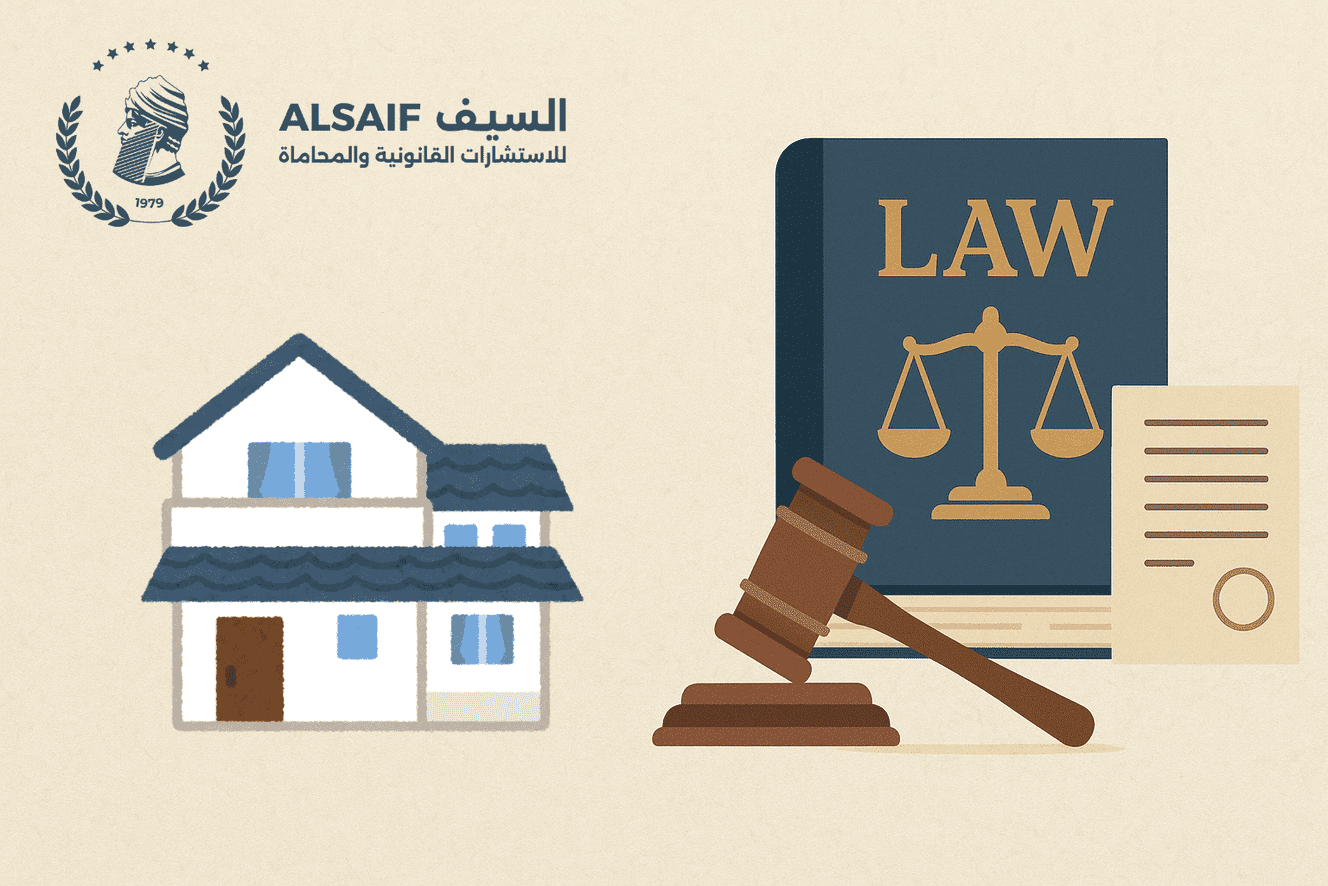Civil Code and Real Estate in Iraq: Key Legal Insights
Civil Code and Real Estate in Iraq: Key Legal Insights
Iraq is considered the birthplace of legal civilization, as the very first law, the Akkadian Law, was enacted there around 3000 BC. This was later followed by the famous Code of Hammurabi, which was inscribed on a stele known as the Hammurabi Stele. The code contained 282 articles that covered all aspects of life like economic, agricultural, social, and even family matters, organizing every sphere of life at the time. For that historical period, it was regarded as one of the best legal systems, while European and other world nations had not yet developed any form of legal culture.
Over time, Iraq’s legal system continued to evolve until multiple modern laws were enacted, such as the Penal Code, the Civil Code, and the Companies Law. The Civil Code in particular is regarded as one of the best laws for regulating social, economic, and commercial life in Iraq.
However, with economic and political changes in the country, certain articles no longer met society’s needs. For example, disputes over property ownership once required referring to the Real Estate Registration Directorate in order to record ownership in the buyer’s name, based on Article 508 of the Civil Code. But with the rise in real estate prices, many sellers refused to register the property in the buyer’s name even after receiving payment.
To address this issue, the Iraqi legislator issued Decision No. 1198 of 1977, which regulated contractual relations between property sellers and buyers. Under this decision, the buyer gained the right to claim ownership of the property if certain conditions were met, such as the buyer living in the property or constructing buildings on it.
In such cases, the buyer could bring the matter before the court. If the seller refused to fulfill the terms of the contract, the court would investigate the matter, conduct site inspections, and verify whether the buyer had occupied the property or made improvements. Once confirmed, the court would issue a ruling transferring ownership to the buyer, provided that the buyer had fulfilled all their obligations under the contract.
This ruling would then be executed by the competent Real Estate Registration Directorate, and the seller’s objections would not be valid, since the court’s judgment relied on the sales contract and the buyer’s full payment of the price. Thus, the registration authority would be obliged to record the property in the buyer’s name.





